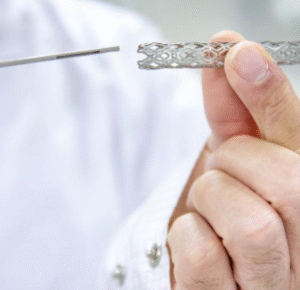Dry mouth can be more than just a nuisance. It can affect speaking, eating, and even sleeping. Recognizing and managing this issue is important for overall health. In family dentistry San Antonio , we see many patients facing this problem. A few simple strategies can help improve comfort and health for those dealing with dry mouth. Understanding these measures can lead to a healthier mouth and a more comfortable life.
Understanding Dry Mouth
Dry mouth, or xerostomia, happens when your mouth doesn’t produce enough saliva. Saliva is essential for keeping the mouth moist, aiding digestion, and protecting teeth from decay. When saliva production drops, the risk of cavities and gum disease increases.
Common Causes of Dry Mouth
- Medications: Many drugs, including antihistamines and blood pressure medicines, can cause dry mouth as a side effect.
- Medical Conditions: Conditions like diabetes and Sjögren’s syndrome can affect saliva production.
- Lifestyle Factors: Smoking and alcohol consumption can reduce saliva flow.
Simple Strategies to Manage Dry Mouth
With a few changes, managing dry mouth becomes easier. Here are three tips to consider:
- Stay Hydrated: Drinking water throughout the day can help keep your mouth moist.
- Use Sugar-Free Gum or Candy: Chewing gum or sucking on candy can stimulate saliva flow.
- Avoid Caffeine: Caffeine can dry out your mouth. Consider reducing coffee and tea intake.
Professional Treatments
In some cases, professional help is needed. Dentists might recommend treatments such as:
- Saliva Substitutes: Over-the-counter products can help mimic saliva.
- Fluoride Treatments: These can strengthen teeth and protect against decay.
- Prescription Medications: Some drugs can stimulate saliva production.
Comparing Home Remedies and Professional Treatments
| Aspect | Home Remedies | Professional Treatments |
| Cost | Low | Varies based on treatment |
| Effectiveness | Moderate, temporary relief | High, longer-lasting results |
| Accessibility | Easy to implement | Requires dental visits |
When to See a Dentist
If dry mouth persists despite home remedies, consult a dentist. Persistent dry mouth can lead to serious dental issues like cavities and gum disease. A dentist can assess the situation and recommend appropriate treatments.
Long-Term Care and Prevention
Maintaining oral health involves more than just addressing dry mouth. Regular dental check-ups, proper brushing, and flossing are key.
Conclusion
Managing dry mouth is an essential part of oral health. Understanding its causes and implementing effective strategies can improve comfort and protect against dental issues. If home remedies don’t work, professional treatments are available to provide relief. For further guidance, consult with a dental professional.



